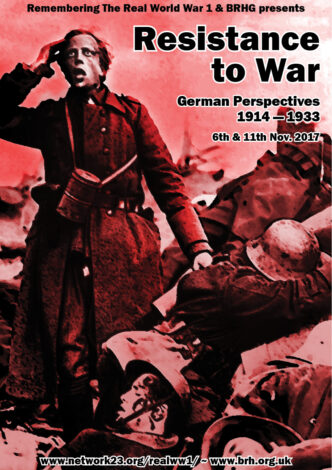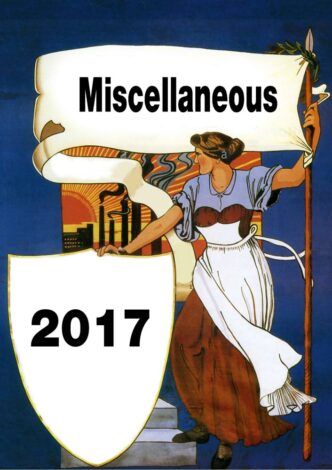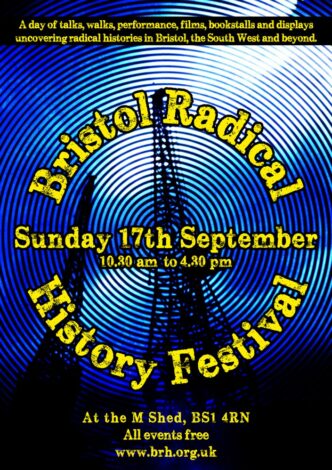Remembering my father: From the Bavarian workers rising of 1918 to resisting the rise of the Nazis
Studio 1
My talk will draw on my father’s remarkable life in Germany up till 1933. I will use it to illustrate how the Nazis first built on the defeat of the 1918/19 Bavarian workers (and sailors) uprising, a consequence of the war, by the viciously anti-Communist Freikorps. My father, having observed the early Nazis and more aware than many on the left of how dangerous they were, was later deeply involved in the almost forgotten resistance to the Nazis pre-1933. He was active in a number of […]




